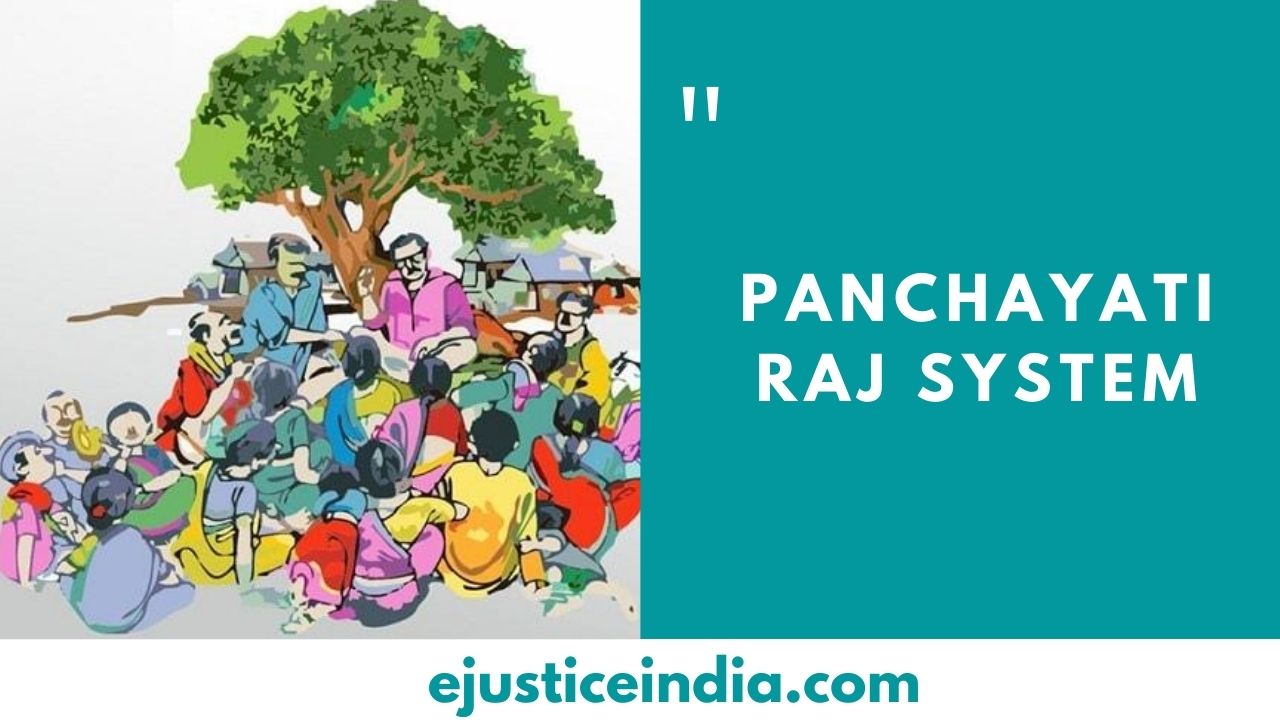PROVISONS AND LAWS RELATED TO ATTEMPTS TO COMMIT OFFENCES UNDER IPC
Author : Amalkrishna A S
Section 511 of the code prescribes punishment for attempting to commit offences punishable with imprisonment for life or imprisonment for a specific period.
In order to apply this section following conditions should be satisfied:
1) There must be an attempt to commit an offence or an attempt to abet its commission
2) There shall not have express provision in the Indian Penal Code prescribing punishment for such attempt.
3) The offence attempted to commit should be one punishable with imprisonment for life or imprisonment for a specific period. If the offence attempted to commit is punishable with death only this section does not apply
If all the above conditions are satisfied, a person who attempts to commit an offence is punishable with imprisonment for a term which may extends to one half of the imprisonment for life or one-half of the term provided for that offence or with both.
Before completing a crime, there are mainly for steps for it
1. Intention
2. Preparation
3. Attempt
4. Commission
Section 511 is a General provision and provides punishment for these offences which are not punishable by specific provisions.
An attempt is provided punishment because even though it couldn’t complete the offence it clearly shows the guilty mind of the offender. This is when there is an attempt there is intention, preparation and an act to commit a crime which was nonsuccess. The moment a person starts to do an act after all the preparations made ready, he starts his attempt to commit an offence in order to attract Section 511.
In order to find out the difference between the preparation and the attempt the supreme court in case of Abyanand Mishra held that the moment a person begins to do an act with the necessary intention after all the preparation being made ready he begins his attempt to commit the offence. so the only thing to find out is that if the act last done by the person was successful whether it could have constituted a crime.
It is the prosecutions which have to prove that the offence normally a person accused for an attempt to commit an offence will be awarded with half the punishment provided for the main offence.
They are the crimes which has just begun or not fully developed. So it means they are incomplete crimes which involves
1. Planning
2. Attempt
3. Conspiracy
4. Abetment
5. Solicitation
Attempt to commit a crime means trying to commit an unlawful act but failing . Thus failure might be due to unforeseen circumstances. so a person must have an intention to commit a crime, he must have taken some step for committing a crime . But the actual crime has not taken place thus it becomes an example for inchoate crime.
Aiding and Abeting means helping a person though did not commit a crime he helped the offender to commit a crime thus it also becomes an example for inchoate crimes.
In conspiracy two or more people will work together for the planning and preparation to commit a crime and it does not require that there was actual attempt to commit a crime.
Solicitation to commit a crime involves offering money to a person for the purpose of persuading him to commit a crime.
Parties to crime
In English Law the persons involved in an offence is categorized as:
1. Principal of 1st degree
2. Principal of 2nd degree
3. Accessory before fact
4. Accessory after fact
In Indian Law they are divided as :
1. Principal offender: is the person who actually commit the crime.
2. Accessory: is the person who access in the commission of crime but does not actually participate in the commission.
3. Accomplice: is the person who is present at the time of the commission of offence and helps the principal offender.
Illustrations
(1) A makes an attempt to steal some jewels by breaking open a box, and finds after so opening the box, that there is no jewel in it. He has done an act towards the commission of theft and therefore he is guilty under this section.
(2) A makes an attempt to pick the pocket of Z by thrusting his hand into Z’s pocket. A fails in the attempt in consequence of Z’s having nothing in the pocket . A is guilty under this section.
Attempt to commit rape
There is no specific provision in the code providing punishment for Attempt to commit rape.
Section 511 of the code prescribes punishment for attempt to commit offences punishable with imprisonment for life or imprisonment for a specific period.
In order to apply this section following conditions should be satisfied:
(1)There must be an attempt to commit an offence or an attempt to abet its commission.
(2)There shall not have express provisions in the Indian Penal Code prescribing punishment for such attempt.
(3)The offence attempted to commit should be one punishable with imprisonment for life or imprisonment for a specific period. If the offence attempted to commit is punishable with death only this section does not apply.
If all the above conditions are satisfied, a person who attempts to commit an offence is punishable with imprisonment for life or one-half of the term provided for that offence or such fine as is provided for that offence, or with both.
Thus an attempt to commit rape is punishable under Section 376 read with 511 of the code.
In order to constitute rape, it is to be established that there was penetration of penis into vagina of the women . To constitute rape, even slightest penetration of penis into vagina of the women would be sufficient and that could even be without rupturing the hymen. If there is no penetration, the accused cannot be convicted for rape. He may be convicted for attempt to commit rape under Section 376 read with Section 511 of the code.
CASE LAW
Madan Lal v. State of Jammu and Kashmir 1997 (2) KILT SN 29
It was held that in a case of attempt to commit rape, the prosecution has to prove that the accused has gone beyond the stage of preparation. In this case the accused stripped a girl naked and made her flat on the ground. He undressed himself and then forcibly rubbed his erected penis on the private part of the girl. He failed to penetrate the penis into vagina, as such rubbing itself ejaculated himself. The Court held that the accused is liable to be punished for attempt to commit rape under Section 376 read with Section 511 of the code.
Attempt to commit murder or culpable homicide
Section 307 of the code defines the offence of Attempt to commit murder and also provides for punishment for it.
An attempt to commit murder consists in doing an act with such intention or knowledge and under such circumstances that , if he by that act caused death, he would be guilty of murder.
The punishment for attempt to commit the murder is imprisonment for a term which may extends to ten years and shall be also be liable to fine. If hurt is caused to any person by such act , the offender shall be liable either to imprisonment for life or to such punishment as is herein before mentioned. If the offender is under sentence of imprisonment for life, he may, if hurt, is caused, be punished with death.
Illustrations
(1) A shoots at Z with intention to kill him. The bullet hit him but not resulted in his death. If death was resulted, A would be liable for murder. Thus A is liable for attempt to commit murder.
(2) A intending to murder Z buys a gun and loads it . A has not committed any offence. A fires the gun at Z. He has committed the offence under section 307 even though the bullet did not hit him.
(3) A intending to murder z by poisoning, purchases poison and mixes the same with food which remains in A’s keeping. A has not yet committed the offence under section 307. A places it on Z’s table. A has committed the offence under section 307.
Attempt to commit suicide
Section 309 of the code prescribes punishment for attempt to commit suicide.
Suicide is self-inflicted homicide. It is the one act which when complete or successful is not punishable for the obvious reason, the doer of the act at such stage passes beyond the range of penalty. All that the law is able to punish either an attempt or an abetment but not the act itself. Suicide as such is not an offence but an attempt to commit it or an abetment of suicide is an offence.
An attempt to commit suicide is punishable with imprisonment of either description for a term which may extend to one year, or with fine, or with both. The person to be punished under this section should have done some act in the course of the attempt.
CASE LAW
P. Rathinam v. Union of India AIR 1994 SC 1844
P. Rathinam and Nagbhushan Patnaik had filed petitions challenging the constitutional validity of Section 309 of the IPC. Section 309 punishes anyone who attempts to commit suicide with simple imprisonment for up to one year. The supreme court drew a parallel between the other fundamental rights – just as the right to freedom of speech under Article 19 gives the right to speak , the right to live under Article 21 includes the right to not live. Thus, Section 309 was held to be unconstitutional.
CONCLUSION
According to my opinion,
An overview of section 498A IPC, When women accuse their husband under section 304B and section 498A IPC by making the offence non-bailable and cognizable, if the man is innocent, he does not get a chance quickly to get justice and justice delayed is justice denied. Section 498A was enacted to empower women against harassment for dowry and domestic violence.
Defamation laws under IPC, if any person is found guilty of having committed a wrong of defamation which talks according to section 499 of IPC . The code of criminal procedure 1973 which lays down the procedural aspects of the law prescribes that the wrong of defamation is non-cognizable and bailable.
Provisions and laws related to attempts to commit offences under IPC Actual commission of the offence is not important to prove anyone guilty. Anyone can also be guilty of mere commission or attempt to an offence under section 511 of the IPC. There are some principles for determining whether an Act amounts to mere preparation or an attempt to commit an offence.


